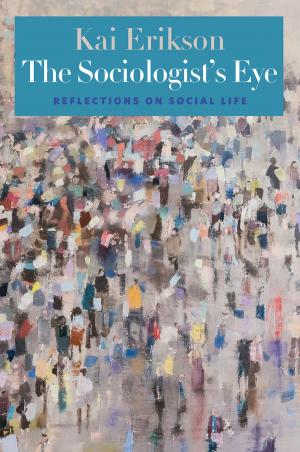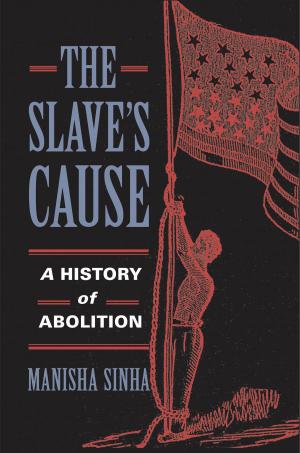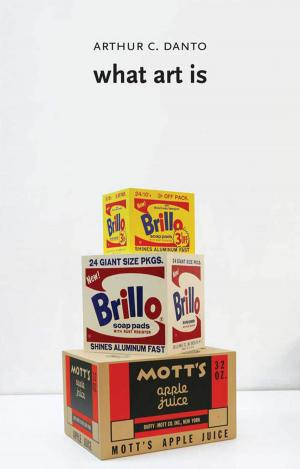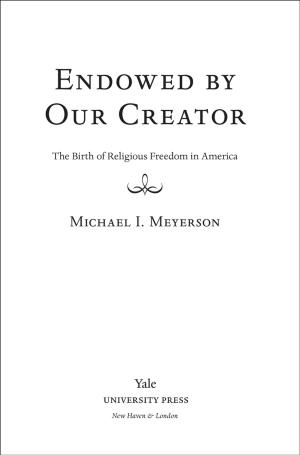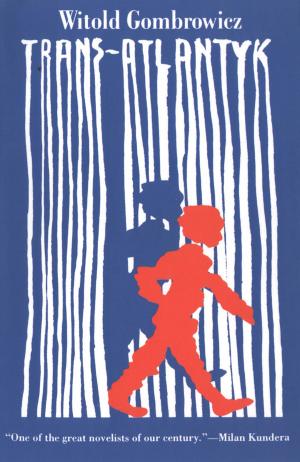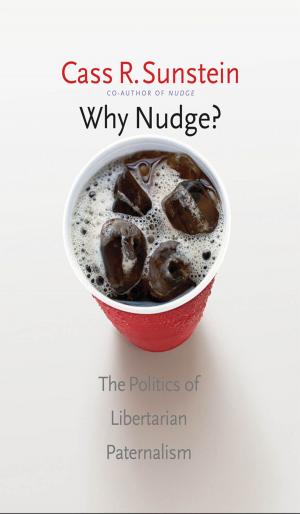Artists Under Hitler
Collaboration and Survival in Nazi Germany
Nonfiction, History, Germany, Modern, 20th Century| Author: | Jonathan Petropoulos | ISBN: | 9780300210613 |
| Publisher: | Yale University Press | Publication: | November 1, 2014 |
| Imprint: | Yale University Press | Language: | English |
| Author: | Jonathan Petropoulos |
| ISBN: | 9780300210613 |
| Publisher: | Yale University Press |
| Publication: | November 1, 2014 |
| Imprint: | Yale University Press |
| Language: | English |
“What are we to make of those cultural figures, many with significant international reputations, who tried to find accommodation with the Nazi regime?” Jonathan Petropoulos asks in this exploration of some of the most acute moral questions of the Third Reich. In his nuanced analysis of prominent German artists, architects, composers, film directors, painters, and writers who rejected exile, choosing instead to stay during Germany’s darkest period, Petropoulos shows how individuals variously dealt with the regime’s public opposition to modern art. His findings explode the myth that all modern artists were anti-Nazi and all Nazis anti-modernist.
Artists Under Hitler closely examines cases of artists who failed in their attempts to find accommodation with the Nazi regime (Walter Gropius, Paul Hindemith, Gottfried Benn, Ernst Barlach, Emil Nolde) as well as others whose desire for official acceptance was realized (Richard Strauss, Gustaf Gründgens, Leni Riefenstahl, Arno Breker, Albert Speer). Collectively these ten figures illuminate the complex cultural history of Nazi Germany, while individually they provide haunting portraits of people facing excruciating choices and grave moral questions.
Artists Under Hitler closely examines cases of artists who failed in their attempts to find accommodation with the Nazi regime (Walter Gropius, Paul Hindemith, Gottfried Benn, Ernst Barlach, Emil Nolde) as well as others whose desire for official acceptance was realized (Richard Strauss, Gustaf Gründgens, Leni Riefenstahl, Arno Breker, Albert Speer). Collectively these ten figures illuminate the complex cultural history of Nazi Germany, while individually they provide haunting portraits of people facing excruciating choices and grave moral questions.
“What are we to make of those cultural figures, many with significant international reputations, who tried to find accommodation with the Nazi regime?” Jonathan Petropoulos asks in this exploration of some of the most acute moral questions of the Third Reich. In his nuanced analysis of prominent German artists, architects, composers, film directors, painters, and writers who rejected exile, choosing instead to stay during Germany’s darkest period, Petropoulos shows how individuals variously dealt with the regime’s public opposition to modern art. His findings explode the myth that all modern artists were anti-Nazi and all Nazis anti-modernist.
Artists Under Hitler closely examines cases of artists who failed in their attempts to find accommodation with the Nazi regime (Walter Gropius, Paul Hindemith, Gottfried Benn, Ernst Barlach, Emil Nolde) as well as others whose desire for official acceptance was realized (Richard Strauss, Gustaf Gründgens, Leni Riefenstahl, Arno Breker, Albert Speer). Collectively these ten figures illuminate the complex cultural history of Nazi Germany, while individually they provide haunting portraits of people facing excruciating choices and grave moral questions.
Artists Under Hitler closely examines cases of artists who failed in their attempts to find accommodation with the Nazi regime (Walter Gropius, Paul Hindemith, Gottfried Benn, Ernst Barlach, Emil Nolde) as well as others whose desire for official acceptance was realized (Richard Strauss, Gustaf Gründgens, Leni Riefenstahl, Arno Breker, Albert Speer). Collectively these ten figures illuminate the complex cultural history of Nazi Germany, while individually they provide haunting portraits of people facing excruciating choices and grave moral questions.

